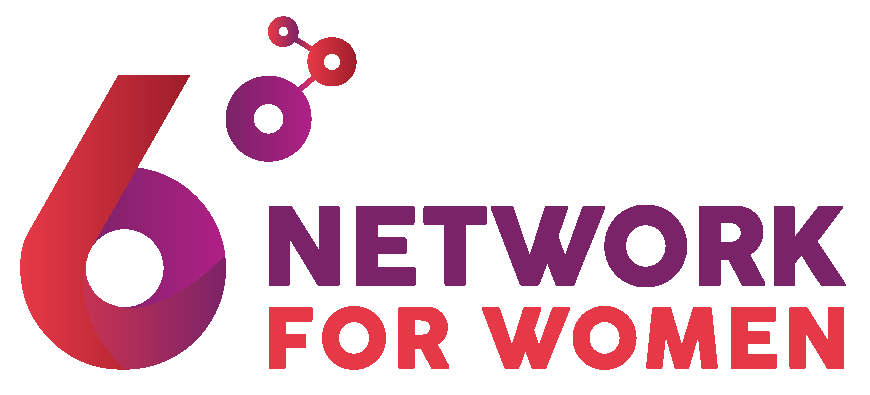We Believe in Empowering Women
When women work, economies grow. Studies show that women empowerment is key to sustainable economic development. Women empowerment leads to a reduction in poverty and promotes sustainable development around the world.
6° is convinced that by empowering women to gain financial independence through vocational skills training, finding gainful employment and/or setting up small businesses, women and their families and communities prosper and grow. Learning allows women to acquire new skills, knowledge and the self-confidence to participate fully in society and contribute to the sustainable economic development of their country.
6° believes in women empowerment on 3 levels:
Economic
Social and Cultural
Psychological
Economic empowerment
Economic empowerment includes having control over income and family resources, ownership of assets, opportunity for employment and access to markets and representation in economic decision-making roles. With economic empowerment, women can gain financial independence, enter the workforce, and have equal opportunity to gain positions of economic power¹. Even in a developed country like the Netherlands, achieving gender equality in the workplace remains a challenge. The Netherlands scores poorly in this regard vis à vis other countries around the world in terms of the # of women CEO’s in publicly listed companies.
Social and cultural empowerment
The empowerment of women and improvement of their social, cultural and health status is a highly important end in itself. In many parts of the world, women are facing threats to their lives, health and well-being as a result of being overburdened with work and their lack of power and influence.
Psychological empowerment
In many regions of the world, women receive less formal education than men, and at the same time, women's own knowledge, abilities and coping mechanisms often go unrecognised². The psychological impact on women should not be underestimated in terms of self-esteem and self-confidence and the lack of female role models makes it harder for women to dare to take the first step.
Fortunately, over the past decades, the health and education levels of women and girls in developing countries have improved a great deal - in many cases they are catching up to men and boys. But no such progress has been seen in economic opportunity: women continue to consistently trail men in formal labor force participation, access to credit, entrepreneurship rates, income levels, and inheritance and ownership rights.
This is neither fair nor smart economics: under-investing in women limits development, slows down poverty reduction and economic growth³. Women make up 50 percent of the entire world population but sadly also represent 50 percent of the world’s extreme poor. We are currently not harnessing the full potential of women and how they can contribute to the economy and society of a country.
Benefits of Empowering Women
Empowering women economically and closing gender gaps in the world of work leads to more inclusive economic growth and is key to achieving the 2030 Agenda for Sustainable Development⁴.
Women’s empowerment is central to realising women’s rights and gender equality.
Increasing women’s and girls’ educational attainment contributes to women’s mental and physical wellbeing.
Sources: ¹ The Borgen Project; ² UNFPA; ³ World Bank; ⁴ UN;
“There is no tool for development more effective than the empowerment of women.”
KOFI ANNAN


